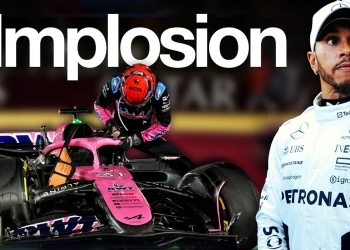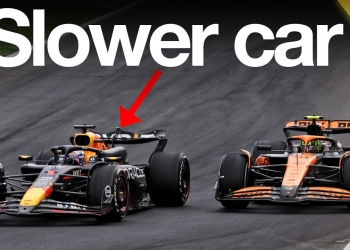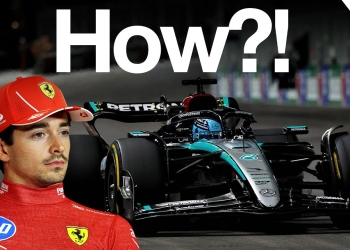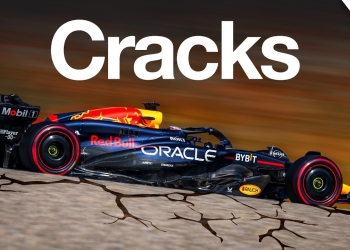Max Verstappen's F1 Swearing Feud: A Clash of Personalities and Principles
The world of Formula 1 racing is no stranger to controversy, but the recent clash between reigning world champion Max Verstappen and FIA President Mohammed Ben Sulayem has brought an unexpected issue to the forefront: swearing. This dispute has sparked debates about driver behavior, media regulations, and the overall direction of the sport.The Origins of the Feud
The conflict began when FIA President Mohammed Ben Sulayem expressed his desire to clamp down on swearing in Formula 1. His concerns weren't limited to official press conferences; he also wanted to reduce the broadcast of expletive-laden radio messages between drivers and their teams during races. Ben Sulayem's stance is part of a broader campaign to promote F1 drivers as role models. This initiative has previously led to other controversial decisions, such as:- Stricter enforcement of jewelry regulations (primarily affecting Lewis Hamilton)
- A ban on drivers wearing non-compliant underwear
- Harsher penalties for crossing the track after accidents
Verstappen's Response
Max Verstappen, known for his straightforward communication style, found himself at the center of this controversy when he used a mild expletive during an FIA press conference. The incident wasn't a heated outburst but rather a casual description of his car's performance. In response to the subsequent reprimand, Verstappen chose a path of passive resistance:- Limiting his participation in FIA press conferences
- Giving impromptu media briefings outside official FIA channels
- Hinting that such restrictions could influence his long-term future in the sport
"If this is the direction it's going, it's not good for the sport," Verstappen remarked, adding fuel to speculation about his F1 career longevity.
The Broader Impact
This feud has exposed deeper issues within Formula 1:Click here to preview your posts with PRO themes ››
| Issue | Perspective |
|---|---|
| Driver authenticity | Many fans appreciate unfiltered emotions from drivers |
| Media content | F1's social media strategy often relies on dramatic radio messages |
| Sport's image | Balancing professionalism with the raw excitement of racing |
| FIA's approach | Questions about heavy-handed enforcement vs. subtle guidance |
A Question of Priorities
Critics argue that the FIA's focus on language policing is misplaced. They point to more pressing issues in the sport, such as:- The expanding race calendar and its toll on teams and drivers
- Concerns about the increasing number of street circuits
- Debates over technical regulations and their impact on competition
The Power Dynamic
Verstappen's stance has garnered support from fellow drivers and many fans. His status as a three-time world champion gives him significant influence in shaping public opinion."Max isn't going to walk away from F1 just because he can't swear in a press conference," notes F1 journalist Scott Mitchell. "But it does feed into wider frustrations about the direction of the sport."
Lessons from History
This isn't the first time F1 has grappled with driver-governing body tensions. Legendary champions like Ayrton Senna often clashed with officials over various issues. These historical precedents suggest that finding a balance between regulation and driver freedom is an ongoing challenge.The Path Forward
For the FIA and Formula 1 to move past this controversy, several steps could be considered:- Clear communication: Establish well-defined guidelines on language use in official settings.
- Proportional response: Ensure penalties match the severity of infractions.
- Driver input: Involve racers in discussions about behavioral expectations.
- Focus on core issues: Prioritize addressing fundamental challenges facing the sport.
Click here to preview your posts with PRO themes ››









